Wedding of the Emperor of China: 1001 cumbersome procedures, if you want to get married, you have to ask someone to help you with this
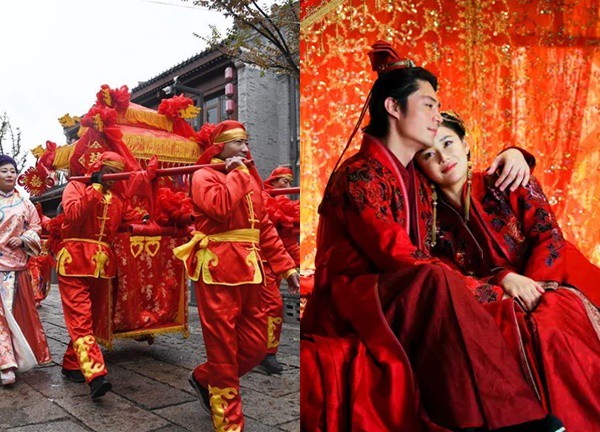
3 | 0 Discuss | Share
In feudal China, every meal the emperor ate dozens to hundreds of delicious dishes. Many people are curious, can palace maids and eunuchs eat leftover food from the emperor and concubines?
Empress Dowager Cixi and chrysanthemum hotpot
In 1279, when Mongol soldiers were resting and preparing food, they suddenly heard the rapid beating of drums signaling that the enemy was approaching. The hungry soldiers immediately threw all the beef and lamb and vegetables into boiling water and ate them very quickly to fill their stomachs before going into battle. And perhaps this is the origin of Chinese hot pot, a popular dish today in many Asian countries during winter.
300 years later, during the Qing Dynasty, the department responsible for cooking food for the emperor's family added a hot pot dish to every meal during the winter months to keep the royal family members warm.
We all know that Empress Dowager Cixi (1835-1908) was famous for her lavish lifestyle and was often obsessed with her beautiful appearance. In an effort to maintain her youth and beauty, she is often very cautious about her eating habits. There are 3 things that Empress Dowager Cixi regularly eats and considers them her valuable beauty tricks: Breast milk, pearl powder, and chrysanthemums.
According to traditional Chinese medicine, the consumption of chrysanthemum helps release top toxins, cools the body and nourishes the skin. Therefore, Empress Dowager Cixi always ordered her servants to pick fresh chrysanthemums every day during winter time and sprinkle the petals into the boiling hot pot.
The pot was used in the Qing Dynasty palace to make hot pot during the reign of Emperor Ham Phong, husband of Empress Cixi.
Emperor Qianlong and his eight-flavored duck dish
If you have visited the Summer Palace in Beijing, you may have noticed that there is an area called Suzhou Street, which is modeled after the town of Suzhou in the Jiangnan region. The road was built in 1761 in the 26th year of Emperor Qianlong's reign, as a gift to mark the empress's birthday and commemorate a family trip to the Jiangnan region.
During Emperor Qianlong's 60-year reign, he made trips to the Jiangnan region six times. It seems that this emperor not only loved the picturesque scenery there, but also loved the cuisine of this land.
January 1765 was Emperor Qianlong's fourth visit here. While passing through Suzhou he tasted many different famous local dishes. Among the delicacies, there was one particular dish that he appreciated the most - the eight-spice duck dish, which later became a famous royal dish.
Nowadays, it is not difficult to find this famous dish on the menu at some Chinese restaurants. The method to prepare the dish is very time consuming and laborious, it can take up to 5 hours to complete. The most testing challenge a chef has to prepare a dish is to remove all the bones from the duck without damaging the skin.
This is very important because duck meat that has lost its skin will absorb a lot of oil while frying, leading to the entire dish becoming very greasy and heavy when eaten. Once all the internal organs have been removed, the chef will then stuff eight special ingredients inside the duck and sew it up before it is deep-fried.
The fried duck then continues to be stewed for about 90 minutes until the stuffing has completely absorbed the sauce from the duck, making the duck meat so tender and flavorful that it can almost melt in the mouth.
Today, the 8 ingredients stuffed into the duck are not precious and scarce ingredients like in the past. They depend on region and personal preference. Most commonly they add salted egg yolks, sticky rice, and chestnuts to turn into a delicious warm winter dish.
The emperor has plenty of food, can the eunuchs and palace maids "enjoy it"?
Every meal, the emperor enjoyed dozens to hundreds of delicious dishes. However, the Qing royal family had regulations that each dish could only be eaten no more than 3 times. Accordingly, even if it is his favorite dish, the king cannot eat it to his heart's content.
On the contrary, many dishes were not touched by the emperor. Therefore, after each meal, the dining table will have a lot of leftovers. The question is how will this leftover food be handled?
Faced with this question, researchers and historical experts searched for records and historical documents and learned how the ancients "handled" the emperor's leftover food. The amount of food left over by the emperor after each meal was usually handled in two ways. First, the king ordered a reward of surplus seafood dishes for concubines or mandarins.
Therefore, the eunuch will follow the king's orders and bring that food to the concubines or mandarins. Those who were rewarded with food by the king considered it a great favor and honor, as well as being respected and loved by the nine-fifth supreme being.
The king's way of handling leftover food is to give it to eunuchs and maids in case the king does not have any instructions. At that time, the eunuchs and palace maids will divide the delicious dishes.
However, eunuchs and maids will not eat delicious dishes once eaten by the king. Instead, they tried to bring these delicious dishes out of the palace and sell them to taverns and earn a large sum of money.
Wealthy people were willing to spend large sums of money to buy dishes offered to the king for the opportunity to enjoy them. The reason is because they cannot easily enjoy the dishes prepared by the royal chefs in the palace.
Thanks to selling leftover food to brothels, eunuchs and palace maids had extra money and used it to buy their favorite things or send them home to their families.
The reason why the lions in the Forbidden City all have drooping ears: An extremely scary reminder to concubines 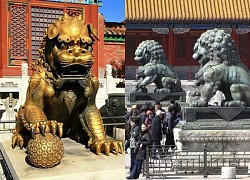 JLO17:54:23 20/10/2023The Forbidden City, also known as the Imperial Palace, is the oldest royal palace in Beijing (China). Behind every thing, every detail in the Forbidden City contains a profound meaning that not everyone knows.
JLO17:54:23 20/10/2023The Forbidden City, also known as the Imperial Palace, is the oldest royal palace in Beijing (China). Behind every thing, every detail in the Forbidden City contains a profound meaning that not everyone knows.

3 | 0 Discuss | Share

4 | 0 Discuss | Share
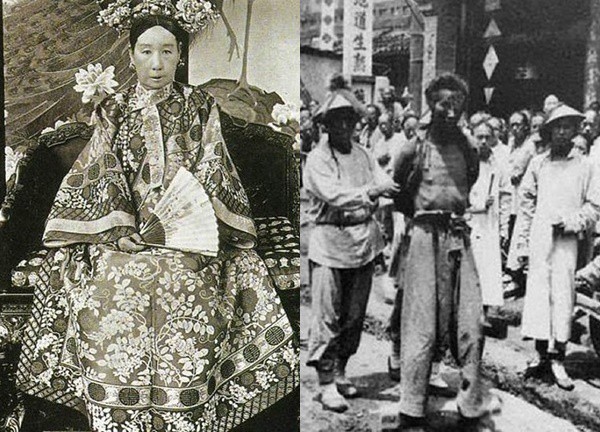
5 | 0 Discuss | Share
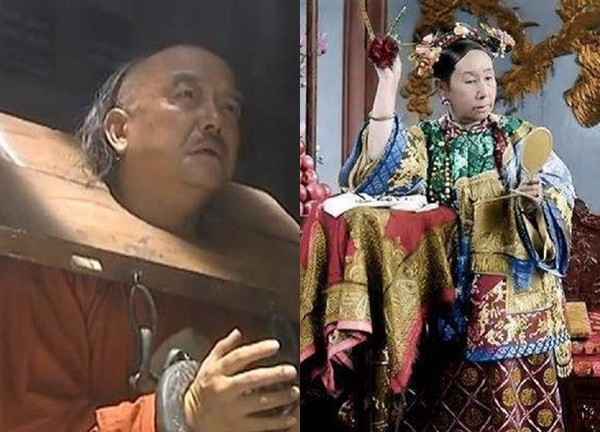
3 | 0 Discuss | Share
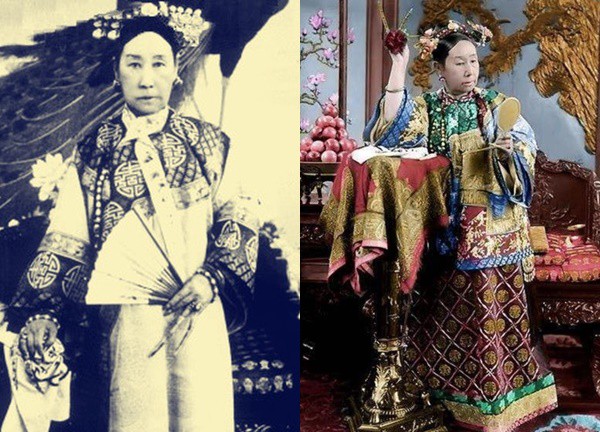
3 | 0 Discuss | Share
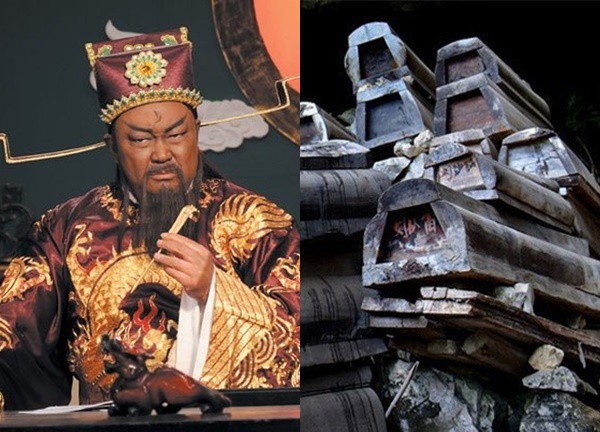
3 | 0 Discuss | Share
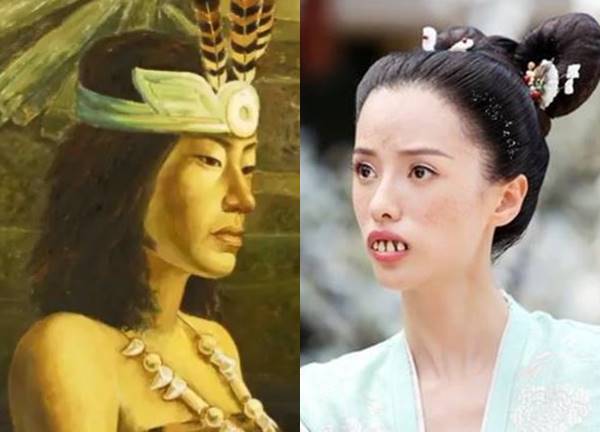
5 | 0 Discuss | Share
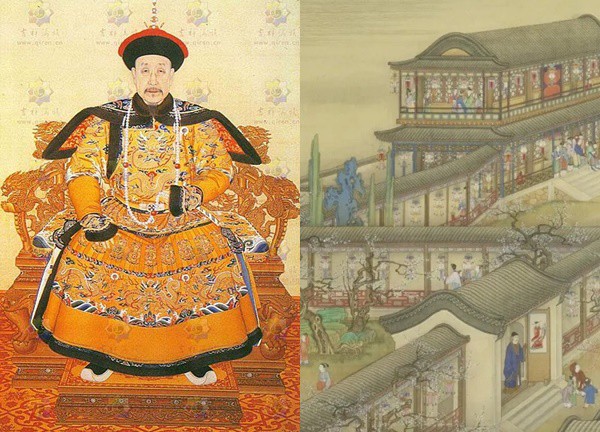
3 | 0 Discuss | Share
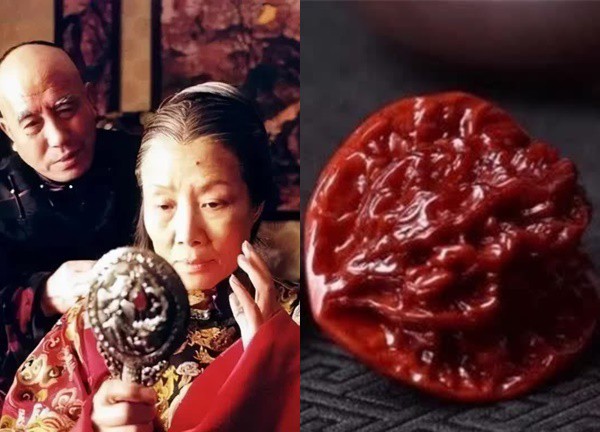
5 | 0 Discuss | Share
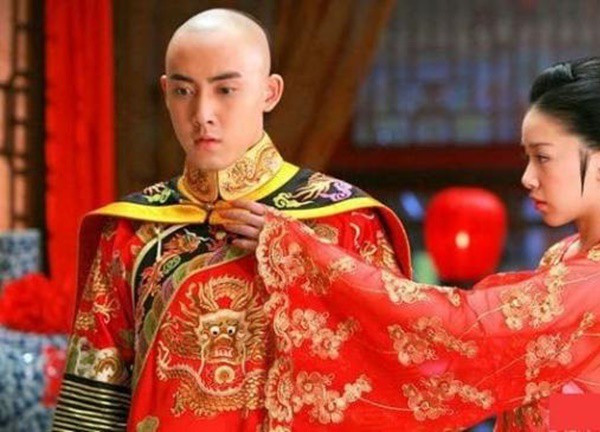
5 | 0 Discuss | Share
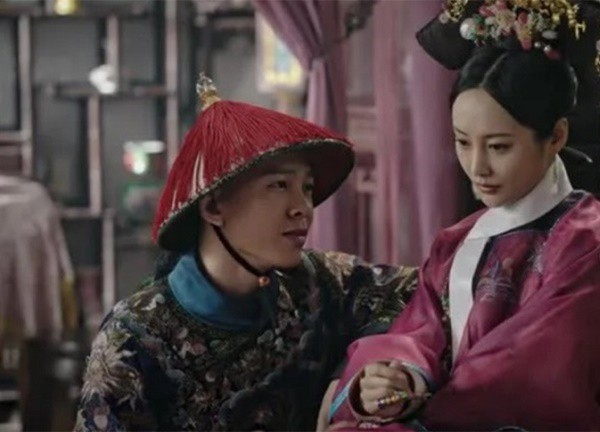
4 | 0 Discuss | Share
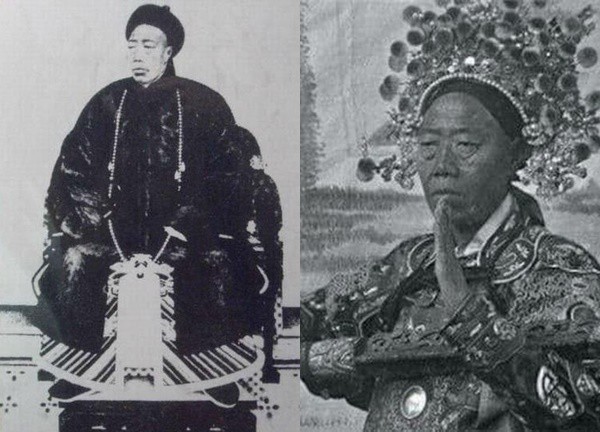
5 | 0 Discuss | Share


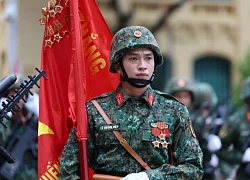







3 | 0 Discuss | Report